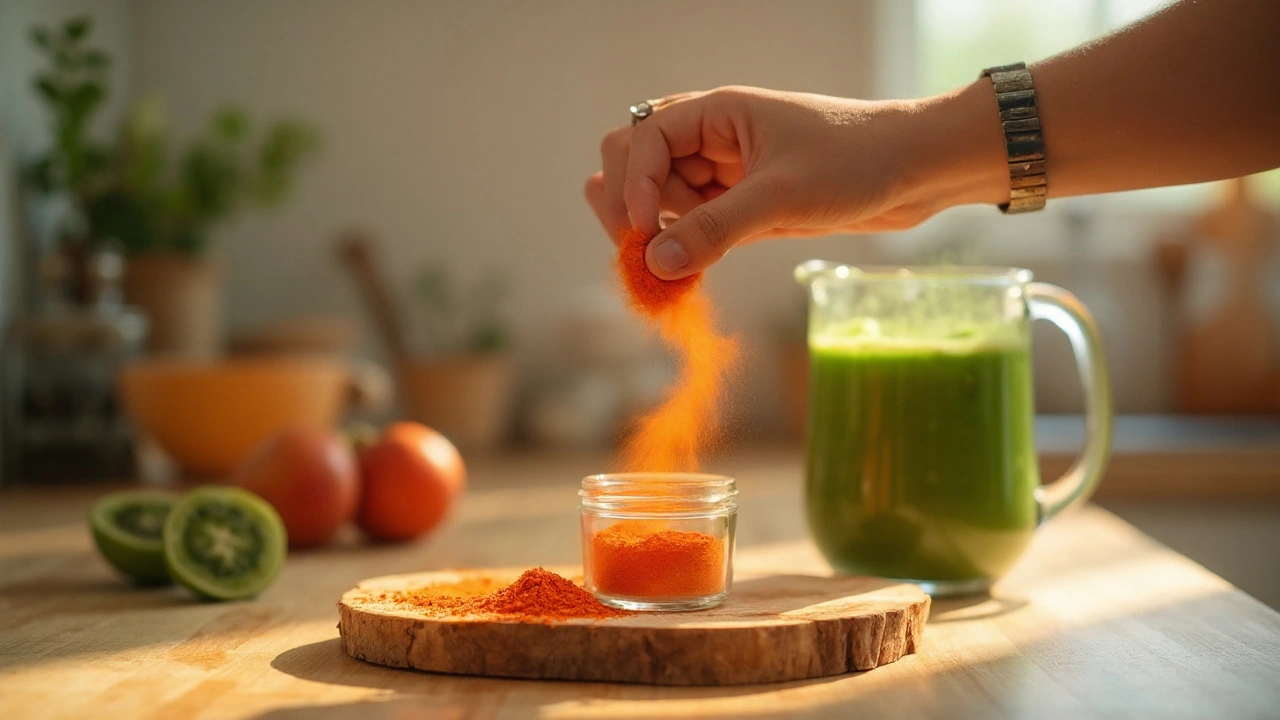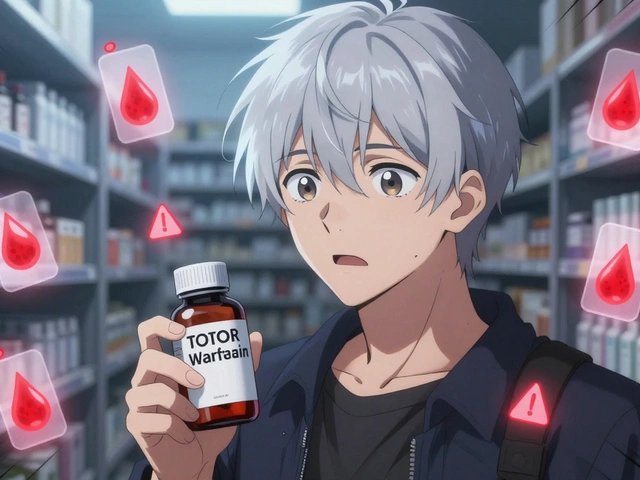Carotenoid Antioxidant: What They Are and Why You Need Them
Carotenoid antioxidants are natural pigments that give fruits and vegetables their bright orange, red, and yellow colors. They neutralize free radicals, the unstable molecules that can damage cells and speed up aging. Because they’re found in everyday foods, adding them to your diet is an easy way to boost overall health without any complicated routines.
One of the biggest reasons people talk about carotenoids is their impact on eye health. Lutein and zeaxanthin, two common carotenoids, sit in the retina and filter out harmful blue light. Studies show they can lower the risk of age‑related macular degeneration, a leading cause of vision loss. If you spend a lot of time in front of screens, a diet rich in these pigments can help protect your eyes.
Top Food Sources of Carotenoid Antioxidants
Getting carotenoids from food is simple. Carrots, sweet potatoes, and pumpkins are loaded with beta‑carotene, which your body converts into vitamin A. Tomatoes and watermelon deliver lycopene, a red pigment linked to heart health. Dark leafy greens like kale and spinach are great for lutein and zeaxanthin, while red bell peppers add capsanthin and other rare carotenoids. Mixing a variety of these foods ensures you get a broad spectrum of antioxidant protection.
Even fruit can help. Mangos, apricots, and papayas are sweet sources of beta‑carotene. Blue‑green algae and certain seafood, especially wild salmon, contain astaxanthin, a carotenoid praised for its anti‑inflammatory power. Adding a handful of berries or a slice of orange to your meals can round out the profile and give you extra vitamin C to work alongside the carotenoids.
Choosing Supplements Wisely
Sometimes it’s hard to eat enough of the right foods, and that’s where supplements step in. Look for products that list the specific carotenoid(s) you want—beta‑carotene, lutein, lycopene, or astaxanthin—and avoid blends with unnecessary fillers. A good rule of thumb is to choose supplements that use natural extracts rather than synthetic versions, as they tend to be better absorbed.
Dosage matters too. For eye health, 10 mg of lutein and 2 mg of zeaxanthin per day is a common recommendation. For skin or heart support, 10‑15 mg of lycopene is typical. Always start at the lower end of the range and watch how your body reacts. If you’re pregnant, nursing, or on medication, check with a health professional before adding any carotenoid supplement.
Remember that supplements complement, not replace, a colorful plate. Even the best pill can’t replicate the fiber, vitamins, and minerals that come with whole foods. Use supplements to fill gaps, but keep your meals vibrant and varied.
In short, carotenoid antioxidants are a simple, tasty way to protect your cells, support your eyes, and keep inflammation in check. Load your plate with carrots, tomatoes, leafy greens, and colorful fruits, and consider a well‑chosen supplement if you need an extra boost. Your body will thank you with better vision, clearer skin, and a stronger immune system.

Annatto Supplement Benefits: Unlocking Nature's Powerful Dietary Boost
Discover how annatto, a vibrant natural carotenoid, works as a dietary supplement. Learn its health benefits, dosage tips, safety, and how it stacks up against turmeric and saffron.




